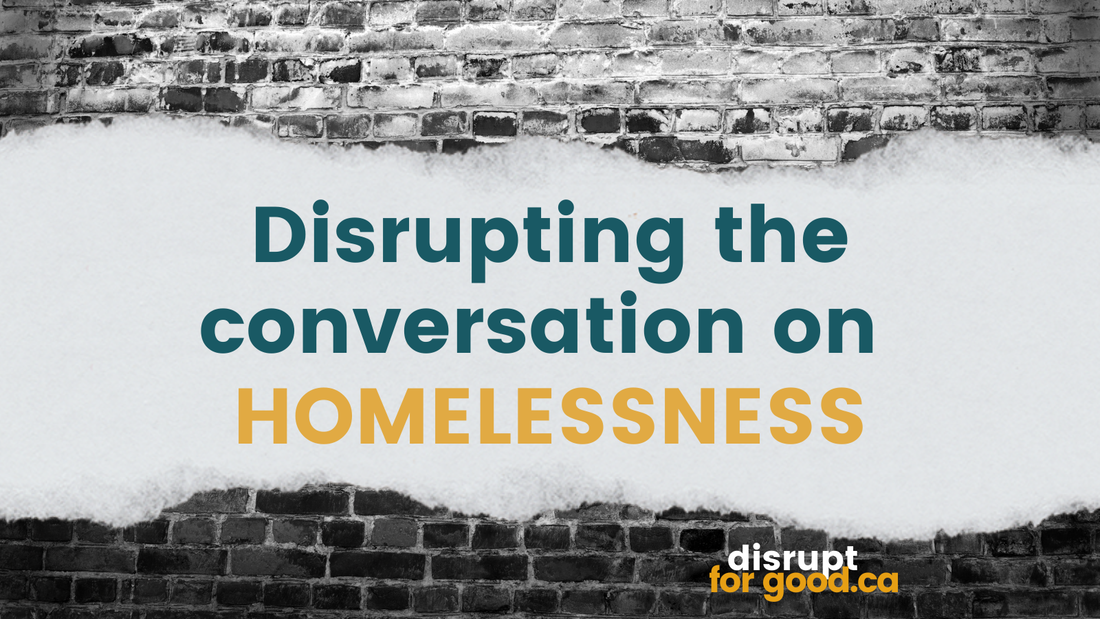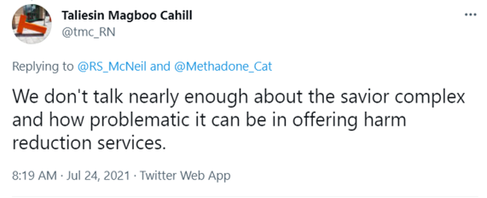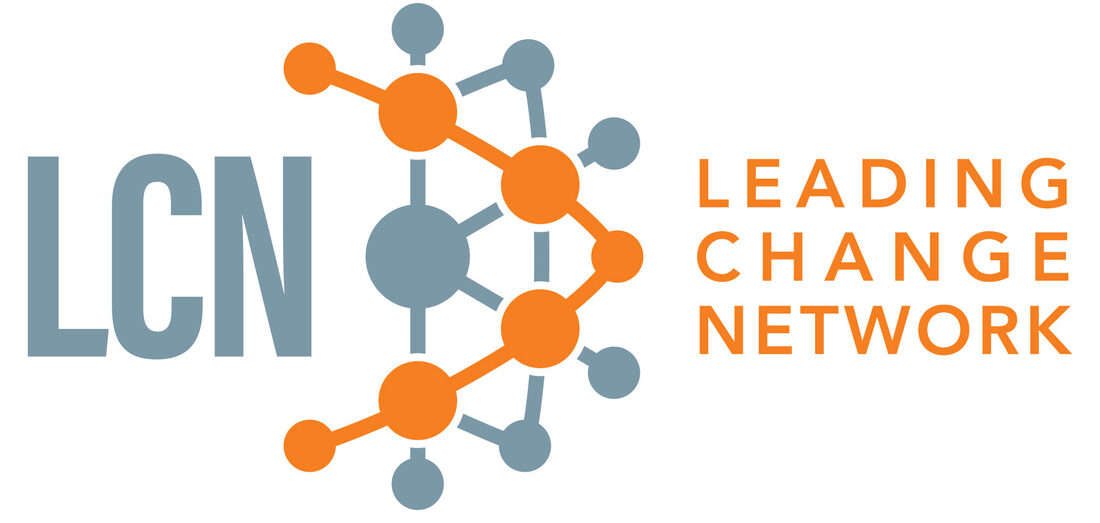|
In part one of this pair of rants, I wrote about shifting the focus of the cause of homelessness back to where it belongs: onto the policies that put the right to housing out of reach for many. This is one narrative that needs to change as we work to end homelessness. If homelessness is understood as a personal choice or individualized failing, our calls for policy reform don't make sense. When homelessness is framed as the result of bad policy decisions, the need for new policy is more obvious. In part two, I want to focus on the need to carry that alternate narrative, and it's flip side, consistently into our boardrooms, program planning meetings, and conversations with program participants. It's so easy to slip back into that belief that homelessness is the fault of the person experiencing it when it comes to assisting that person to regain housed status. On the one hand, we say homelessness is a policy choice and on the other, we name mental health and addictions as two key barriers to rehousing efforts, and treat shelter participants as if they don't know how to make good choices and take care of themselves. Society already tends to shun the visibly homeless. We can inadvertently contribute to the social exclusion by layering on mental illness and addictions narratives, and undermining autonomy. This compounds what is for many the most profound negative impact of the homelessness experience. So much harm is done when a person is "othered" by society and social inclusion (aka community) is an often overlooked piece of the solving homelessness puzzle. Pathologization, Shame, and "Othering" Erin Dej is a researcher and author focused on the criminalization of homelessness and how to create meaningful inclusion for people who have experienced homelessness. In other words, she's helping us better understand the role of community in ending homelessness. I'll paraphrase the little bombshell we find just three pages into her new book A Complex Exile: Homelessness and Social Exclusion in Canada: what if mental illness isn't as rampant in homelessness as we believe? What if the behaviours we see and attribute to mental illness are actually a completely normal and healthy response to the trauma of being homeless? Pathologizing--or medicalizing--the emotional and behavioural reactions to inequity, oppression, and discrimination is a key way that the system failure that causes homelessness is reframed as a personal failing. What's even worse to me is that the people experiencing homelessness often internalize this message. (Please understand that when mental illness is real and medication is warranted, that should be supported. What I oppose is the medicalization of distress.) According to Dej (and for what it's worth, I agree), this individualized path to homelessness "depoliticizes what are inherently socio-political concerns" and "allows homelessness to be aligned seamlessly with deviancy, mental illness, and addiction discourses." Even though systemic causes of homelessness are widely acknowledged within the homeless sector, the most common interventions continue to lay the blame--and the need to change--on the individual. So, again, what if a lot of our friends experiencing chronic homelessness don't need a psychiatric diagnosis and prescription? What if we just gave folks a safe, quiet, private place to sleep for a couple of weeks and let their nervous systems settle down before we did their vulnerability assessments and start requiring them to show up to 9am housing meetings? Normalizing the reaction to the distress of homelessness could be a good first step in helping those experiencing homelessness feel less excluded from society. What If It Was You? I don't know about you, but if I miss lunch, I'm hangry. I remember when my twins were born. I was functioning on very little sleep and even had out-of-body experiences where I would watch myself holler at my family over the smallest things. I would say to myself, just stop yelling and apologize, but I couldn't. If I'm not well rested and well fed, I am cranky, impulsive, and unproductive. I bet you are, too. The links between poor sleep and poor judgment are well researched. So are the links between a lack of nutritious food and poor judgment, irritability, and low impulse control, as experienced by pretty much every politician who has ever taken the challenge to live out of a Food Bank box for a week. Now add on the stress of being unhoused, the uncertainty of where the next meal will come from, a general unease about the safety of you and your belongings, possible estrangement from your support network, and the lack of dignity in having to live out your personal life in public spaces. In this scenario, assume your children have been taken from you, too, if you have any, so you are grieving and desperate. Perhaps the questions asked in your vulnerability assessment are very triggering, bringing up painful trauma. It feels like the world has shunned you and you feel unrecognizable from not showering or changing in several days. Deep shame sets in and you find you are willing to do things you never thought possible now that you are in survival mode on the street or in the shelter system. The longer you lived in this othered, dehumanized state, the more this would become your identity. The harder it would be to move back into society. It is not uncommon for those who have experienced chronic homelessness to still identify as homeless even after securing housing again. In fact, in the famous At Home/Chez Soi study, quality of life improvement outcomes were surprisingly low compared to housing and service use outcomes. Dej notes that this can be attributed to "the many ways that people exiting homelessness continue to face oppression, discrimination, and overall social exclusion once housed." Participants described feeling compelled to show gratitude and humility to service providers, feeling heavily monitored and managed and like their autonomy was being undermined, and a "general feeling of being different, of being an outsider." Changing how we think and speak about the homeless experience Prolonged homelessness and the othering and social exclusion that comes with it have profound negative impacts on the mental wellbeing of those experiencing it. That's not the same as having a mental illness. What if it was you? Would you want a mental illness diagnosis and some pills, or would you want a place to call home and a supportive community to belong to? Would you want service providers to speak to you like you were a child who didn't know how to take care of yourself, or would you prefer to be spoken to like a resilient, resourceful adult who has survived being robbed of your human rights to adequate shelter, privacy, and dignity? How could that change our approach? How could it change how we talk about homelessness, even amongst ourselves in the sector? For starters, I'm reminded of my new filter for 2021, which could be applied to many if not all aspects of our approach to ending homelessness: Does this policy or idea centre and honour the dignity, self determination, autonomy, and social inclusion of the people it is meant to support? Not sure? Ask them. And then speak up in meetings where these decisions are being made and ask the question there, too. The alternate narrative introduced in part one is for government policymakers, but the message here in part two is to let it inform our work and to help each other avoid falling back into individualist understandings of homelessness. Homelessness as we know it was and is caused by government policy choices that discontinued adequate investment in social housing and allowed the financialization of housing while at the same time suppressing minimum wages and social assistance rates to levels that do not keep up with the costs of living. Homelessness is also perpetuated by policies that prop up multi-generational poverty, historical and modern colonialism, race- or disability-based discrimination, and criminalization of poverty, to name the most common. If we believe this, it needs to not only be our message to policymakers and neighbours, but our message to our staff and colleagues, and to our housing and shelter program participants. When we really believe this, we won't treat those who are unhoused as if they don't know enough to make their own life choices. The good news is that this doesn't require permission from the government - most shelter providers and housing agencies get to set their own internal policies for their programs. Too often, shelter and case management programs are paternalistic and the people we are supposed to be supporting are infantalized by service providers. This needs to end. If we truly believe that homelessness is a systems failure, we need to act like it when we are designing our programs and interacting with program participants. Rant inside a rant: I haven't mentioned substance use yet, but this includes establishing harm reduction practices that centre the individual as the expert of their own life, where appropriate services and support are offered, including peer supports, and participants are free to choose how and when to access them. Forcing constant surveillance and the removal of privacy as a condition of shelter and calling it harm reduction is counterproductive and cruel. Substance use outcomes are much worse when choice is removed. There are better ways. Read a paper. Ask for help. Get an accountability buddy for your saviour complex. You're killing the people you are trying to save. Dej has some further suggestions at the end of her book, towards inclusion:
If we truly believe that homelessness is a series of policy failings and not a result of individualized deficits, let's follow that thread all the way through and allow it to inform our entire system. At their core, everyone wants to belong. For many, the negative impact of the social shunning will be longer lasting than the other impacts of spending time unhoused. The way we talk about homelessness can help or hinder our efforts in creating supportive community and lifting the onus of homelessness off the shoulders of those experiencing it. Choose your words carefully, and then speak up.
1 Comment
12/20/2021 05:49:47 pm
Thanks for pointing out that homelessness can have profound negative impacts on the mental wellbeing of people experiencing it. My husband and I know how it feels to be homeless so we want to help even in our small way. With this, we will look for a nonprofit housing assistance donation campaign on Monday so we can provide cash donations through PayPal for low and middle-income individuals.
Reply
Leave a Reply. |
AuthorI'm Jennifer. I am an advocacy and communications strategist working with multiple charities and nonprofits. And I want to disrupt our sector for good. Archives
April 2024
Categories |



 RSS Feed
RSS Feed
